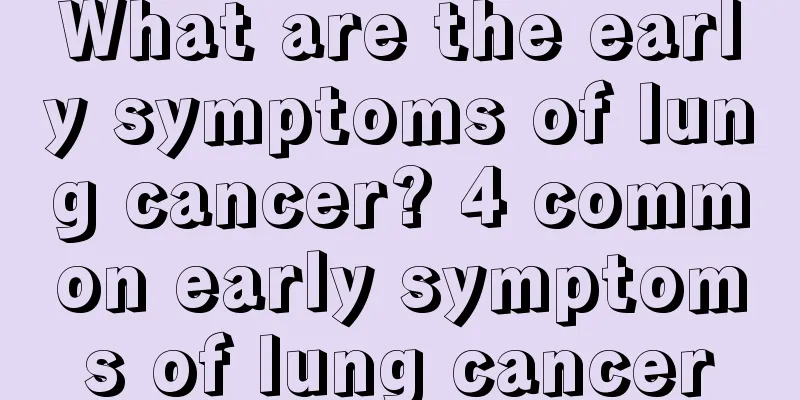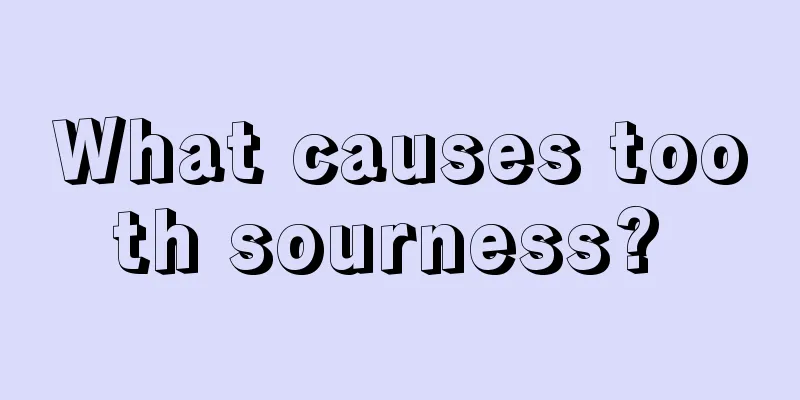What causes bloating in the stomach?

|
People with bloating in the stomach will have symptoms such as stomach pain, burping, farting, and bloating. It is a very common stomach disease. In severe cases, it may also be accompanied by vomiting, nausea, etc. At present, bloating in the stomach may be a stomach problem, but it may also be a problem with the liver or gallbladder. If you want to treat it, you have to treat the root cause. So what causes bloating in the stomach? Let’s take a look together. Experts say that when there is inflammation, reflux, or tumor in the stomach and duodenum, the emptying of the stomach will be delayed, and the food will continue to exert pressure on the stomach wall. At the same time, excessive fermentation of food in the stomach will produce a large amount of gas, which further increases the pressure in the stomach, causing a feeling of fullness and pressure in the upper abdomen, which is called stomach bloating. The main cause of bloating is the two main sources of gas scattered in the human digestive tract. One is that external air enters the body. When you talk incessantly, chew gum, drink beverages with a straw, or swallow food whole, a lot of air also goes into the stomach. Another source is produced when bacteria in the large intestine break down food. After the food we eat enters the digestive system, it is broken down by various digestive enzymes. Finally, when about 90% of the digestion is completed, it is absorbed in the small intestine. Other foods that are not absorbed by the small intestine enter the large intestine and are broken down and utilized by bacteria in the large intestine. When bacteria break down food, they produce various gases. This is why different things you eat will produce different gases. Generally speaking, the more fat you consume, the smellier your gas will be. Generally speaking, stomach bloating is most likely to occur after we have eaten. Why is that? Experts say that stomach bloating after meals is a sign of poor gastrointestinal function, and treatment should focus on nourishing the spleen and stomach. The causes of stomach bloating after meals are: 1. Stomach bloating. Usually, stomach bloating gets worse after meals. It is a manifestation of liver depression and poor gastrointestinal function. It should be assessed by pulse, height and weight, appetite, food intake, and bowel movements to distinguish the main and secondary factors and then prescribe the right medicine, with the emphasis on the coordination of the liver and spleen. 2. Stomach bloating and stomach pain caused by coldness should be treated mainly by warming the middle and dispersing the cold. Recovery requires that the best treatment plan be adopted under the guidance of a specialist based on clinical manifestations, examination results, and comprehensive analysis of tongue and pulse, and treatment based on syndrome differentiation. While taking medication, you should pay attention to eating less or no raw, cold, hard, spicy, or other irritating foods that make you feel uncomfortable. Eat small, frequent meals and don't eat right after getting angry. 3. Stomach bloating. Usually stomach bloating is accompanied by dry mouth, bitter taste in the mouth, and hiccups. These are manifestations of liver qi stagnation and stomach disharmony. Treatment should focus on soothing the liver and relieving depression, with emphasis on regulating the liver. We know almost all the causes of bloating. The next step is to carry out targeted treatment. Most of the stomach bloating is caused by people’s diet, so in addition to professional treatments, we must pay more attention to our daily diet, develop correct eating habits, chew food slowly, and eat slowly to avoid stomach bloating. |
<<: How to improve heart function?
>>: What are the clinical manifestations of septic shock?
Recommend
What is the reason for calf swelling? The harm is so serious
Studies have found that there are many causes of ...
What are the symptoms of rectal cancer usually like?
Intestinal cancer is also common in life. Most pe...
Is liver cancer likely to be inherited? How to prevent it?
First, we need to prevent hepatitis. Using hepati...
What should I do if my cervical spine keeps making noises when I turn my head?
Many people have experienced noise in the cervica...
Can broad beans and yam be eaten together?
Broad beans are foods with high nutritional value...
What's the matter with coughing up blood
Coughing is a common condition, and there are man...
A simple analysis of the causes of endometrial cancer
We all know that cancer is a very terrible diseas...
What are the important factors that cause colon cancer
Cancerous diseases that occur in the intestines a...
Five manifestations of skin aging
We all hope that we can be forever young and yout...
What to do if you have a stomachache after taking Chinese medicine
Stomach pain after taking Chinese medicine may be...
Three major radiotherapy principles for rectal cancer
Radiotherapy is a complete process that includes ...
What exactly is teratoma
What exactly is teratoma? When we hear the name t...
How long do people with osteosarcoma usually live?
Osteosarcoma is the most common type of malignant...
What to do if oil splashes onto face and causes bubbles
Facing the scorching summer, the weather is getti...
Diet therapy for the prevention of colorectal cancer
The incidence of intestinal diseases is very high...









